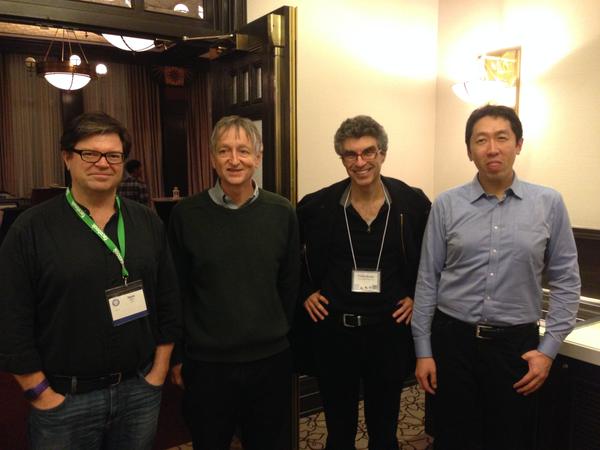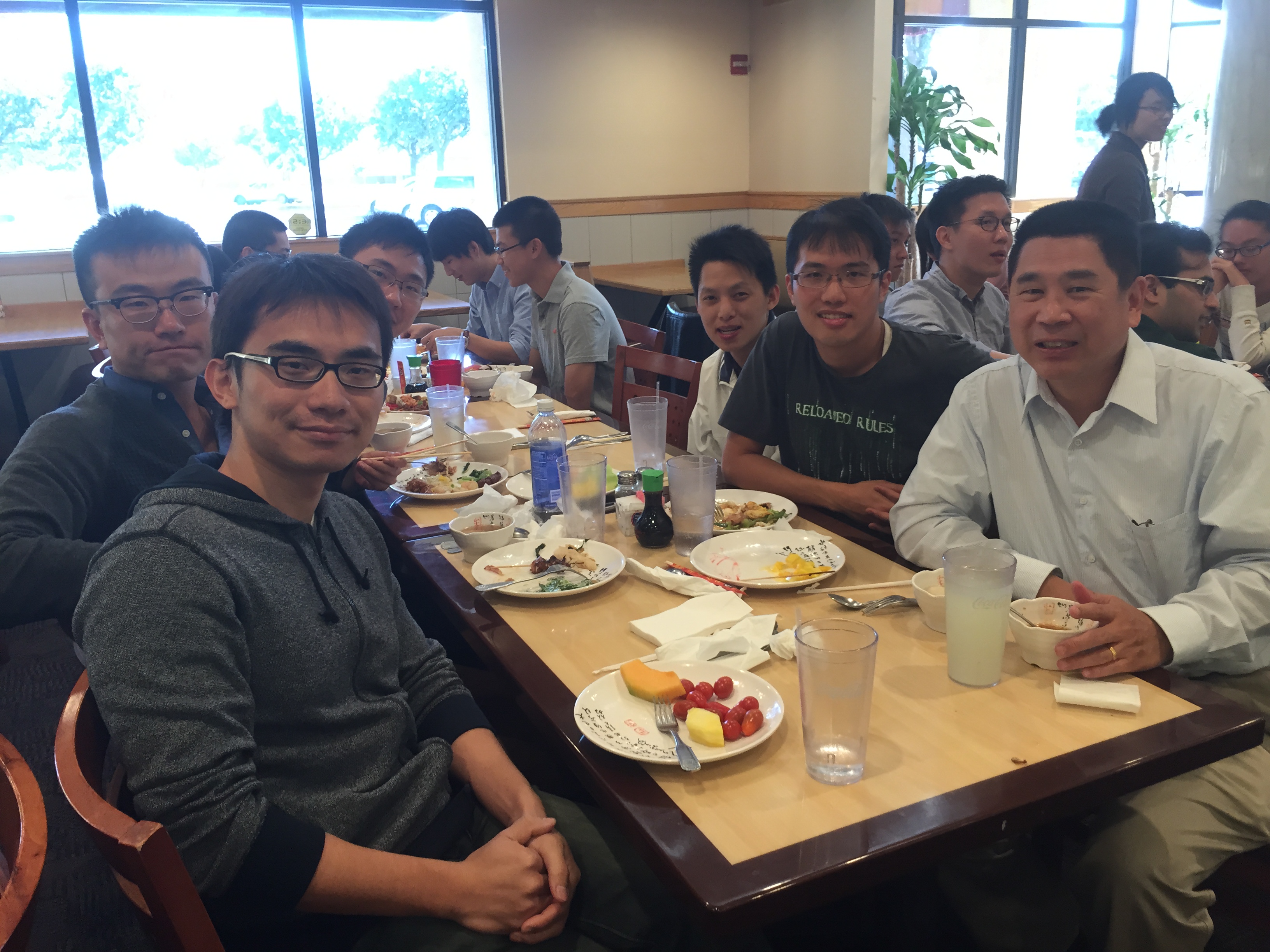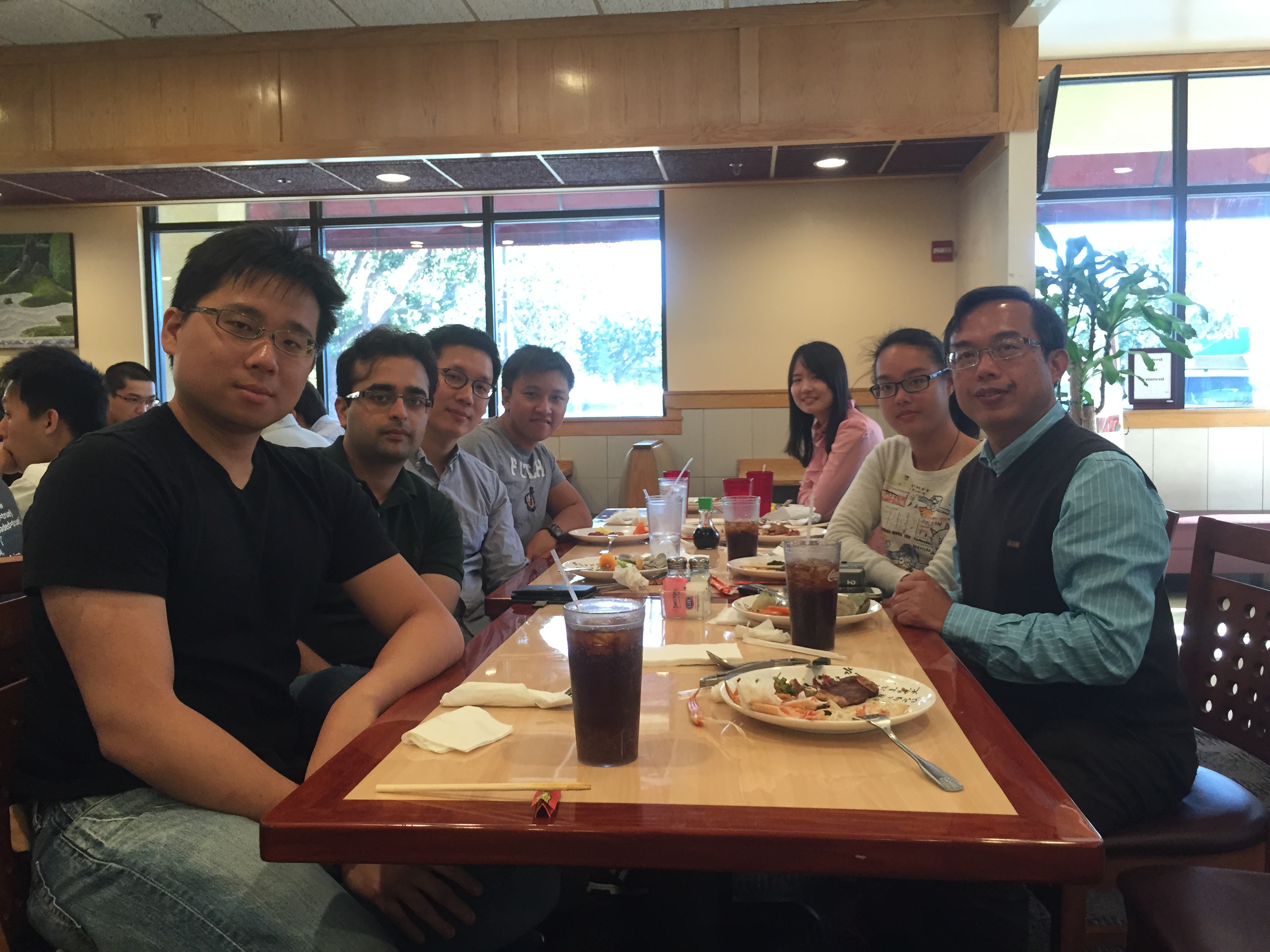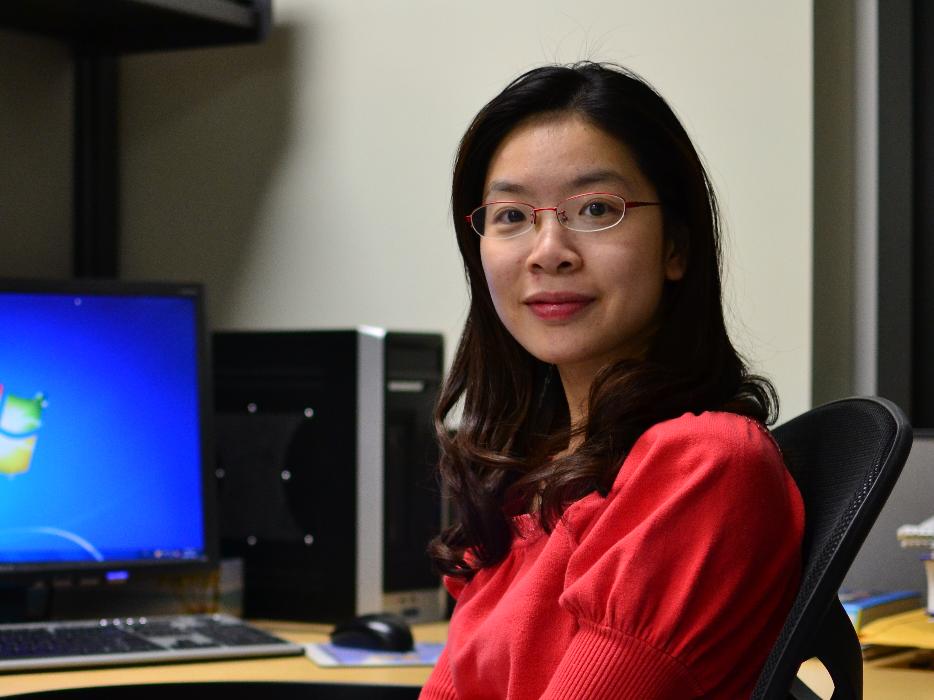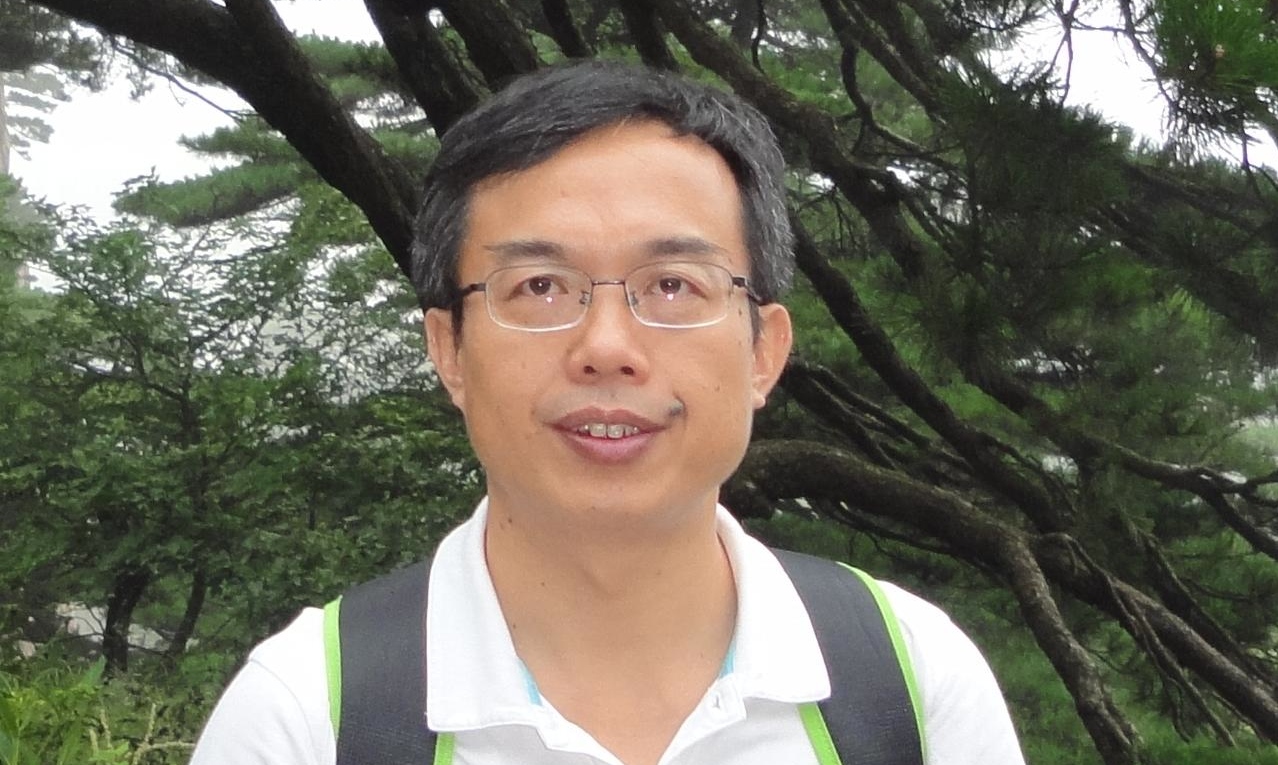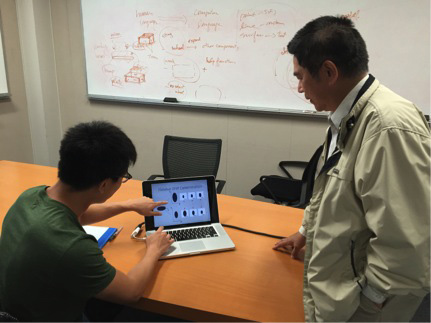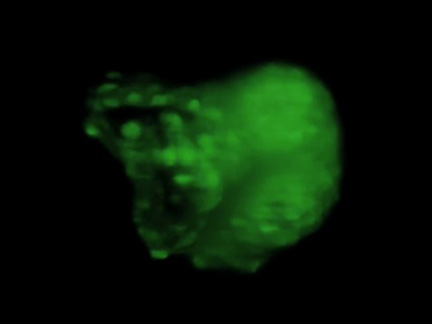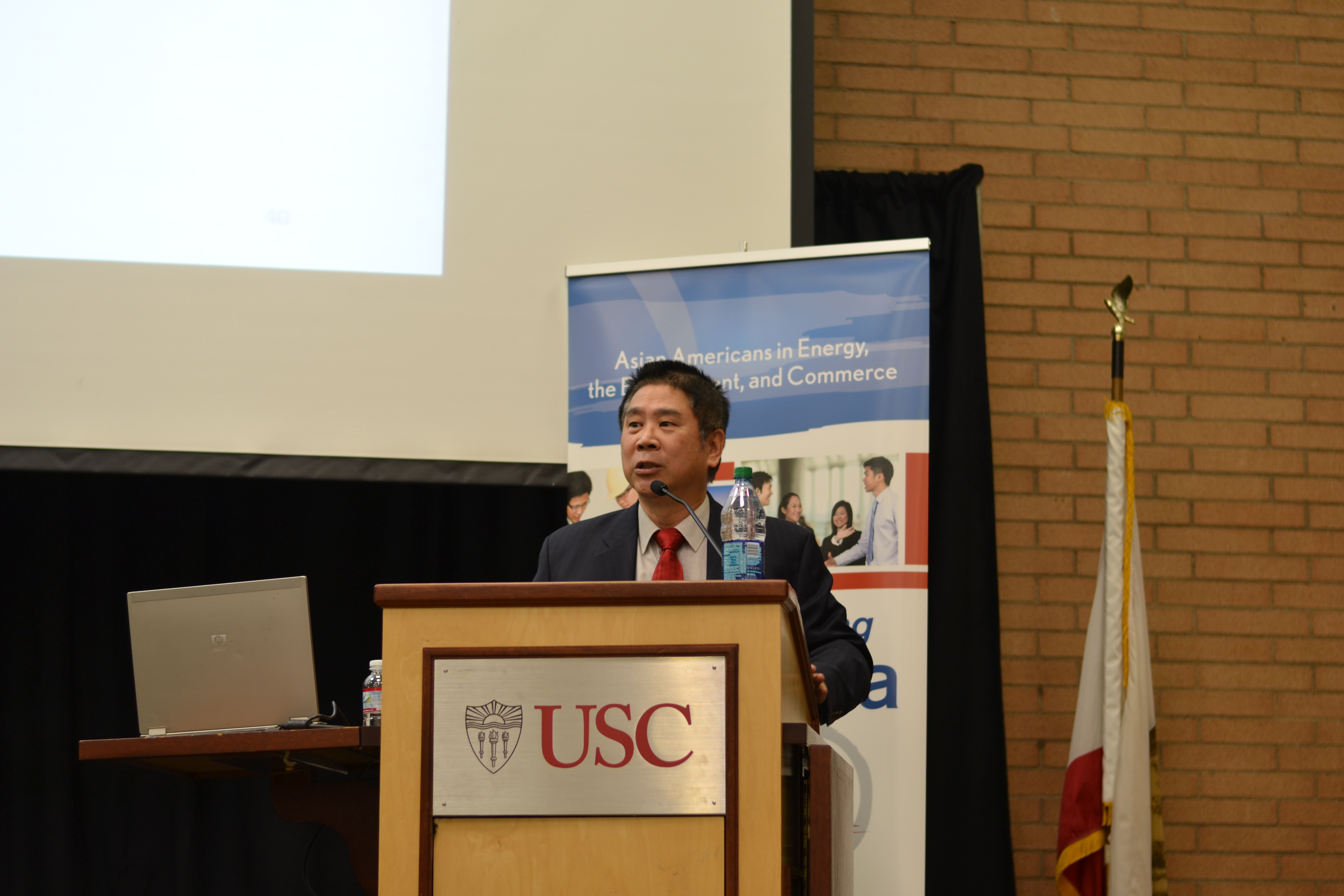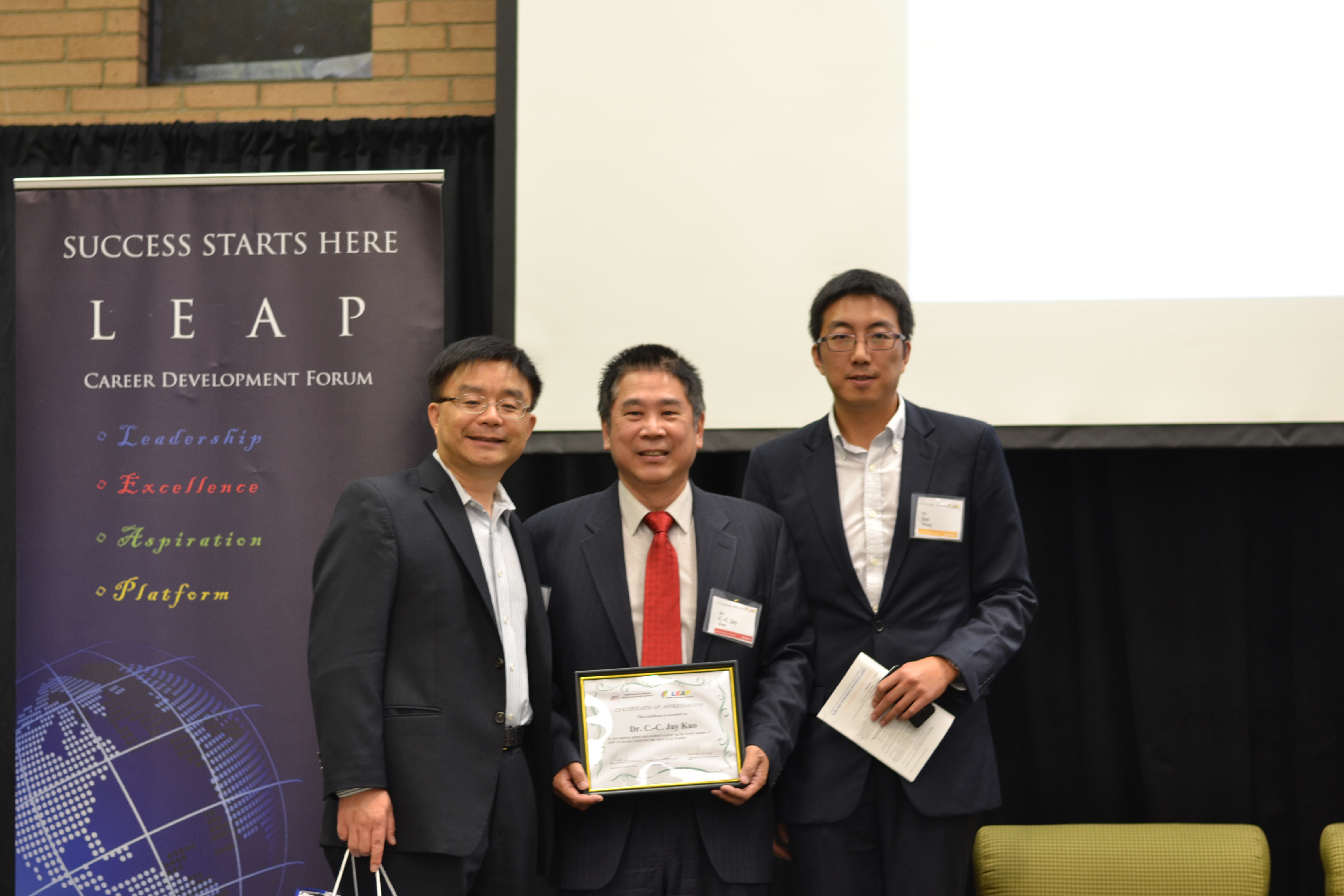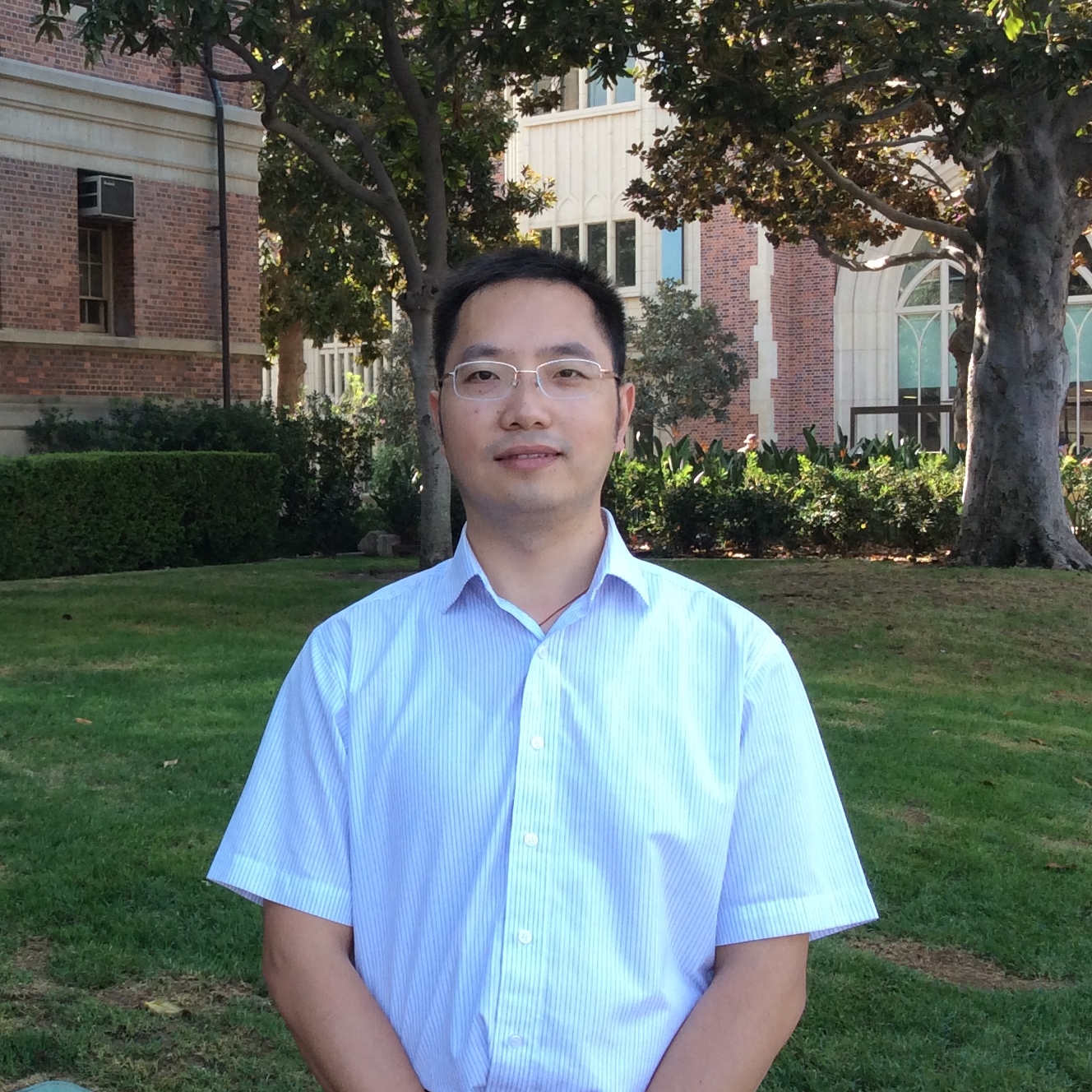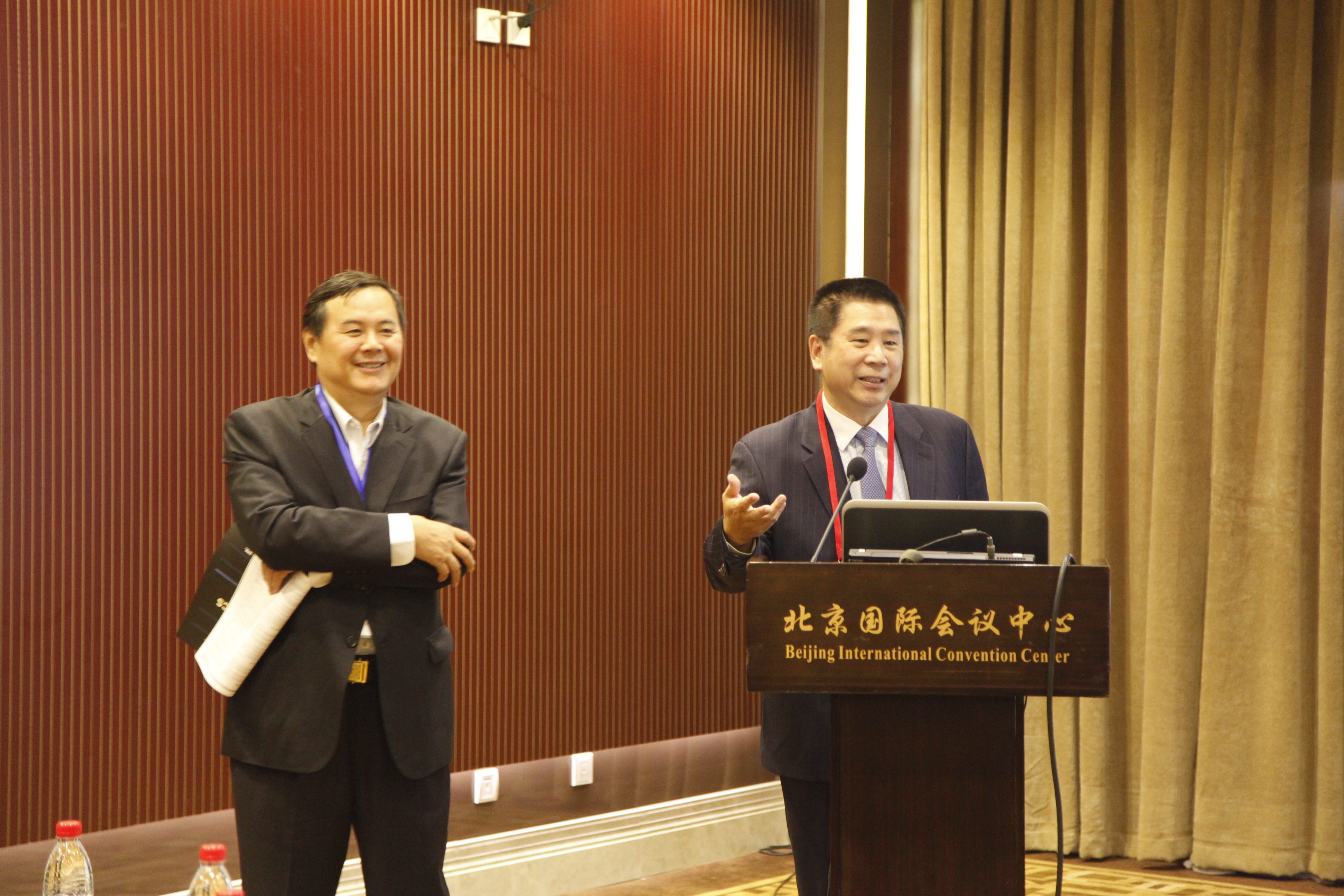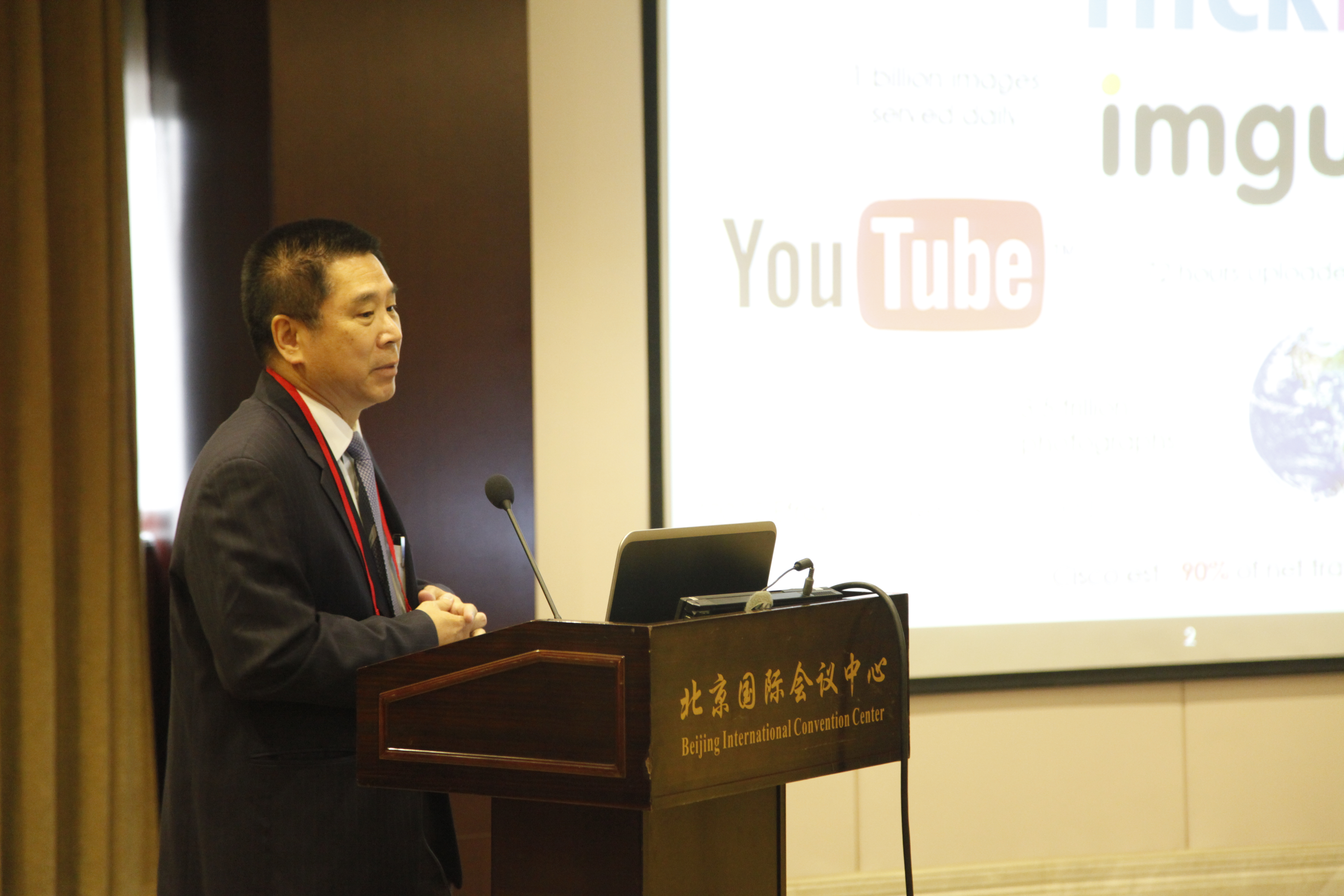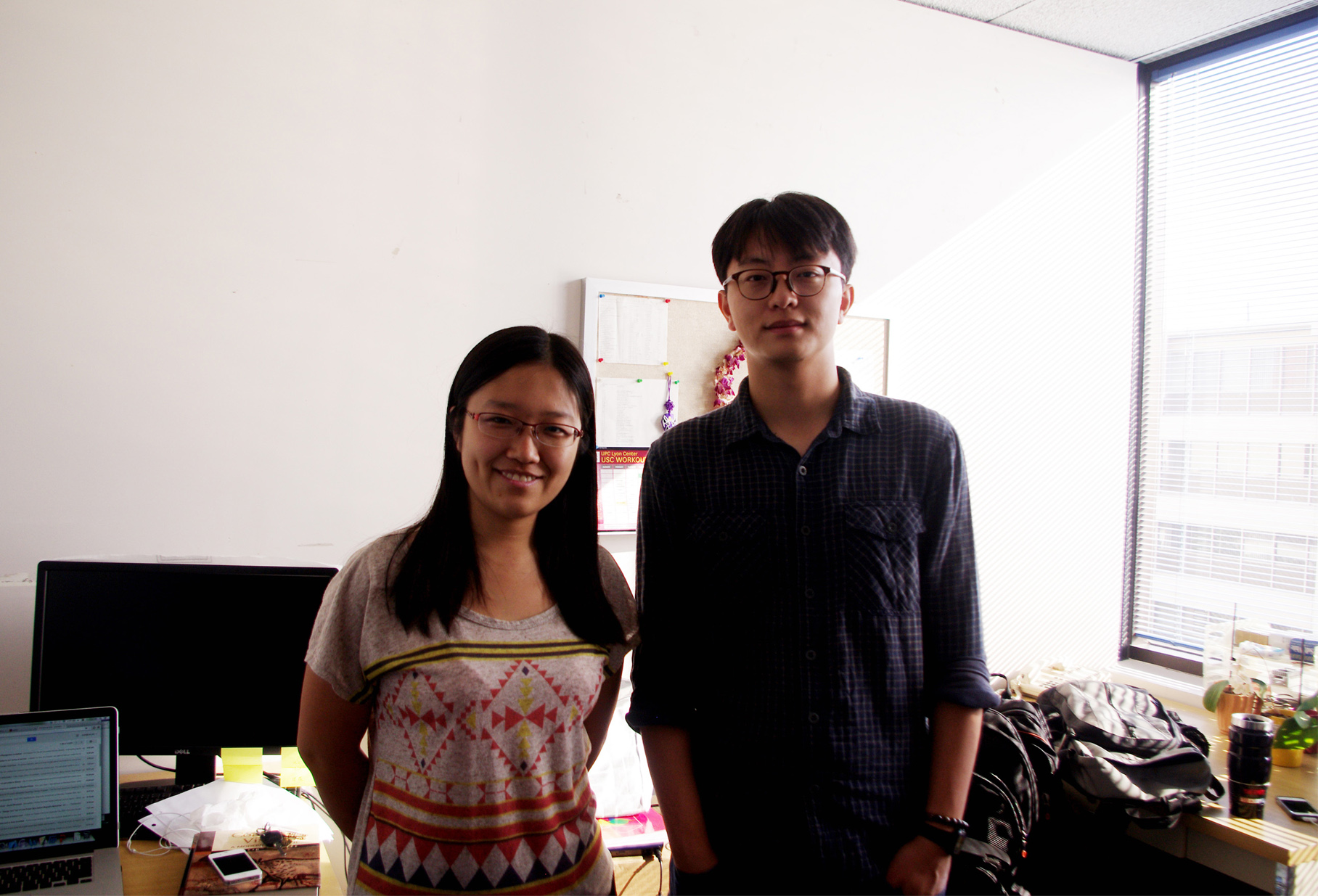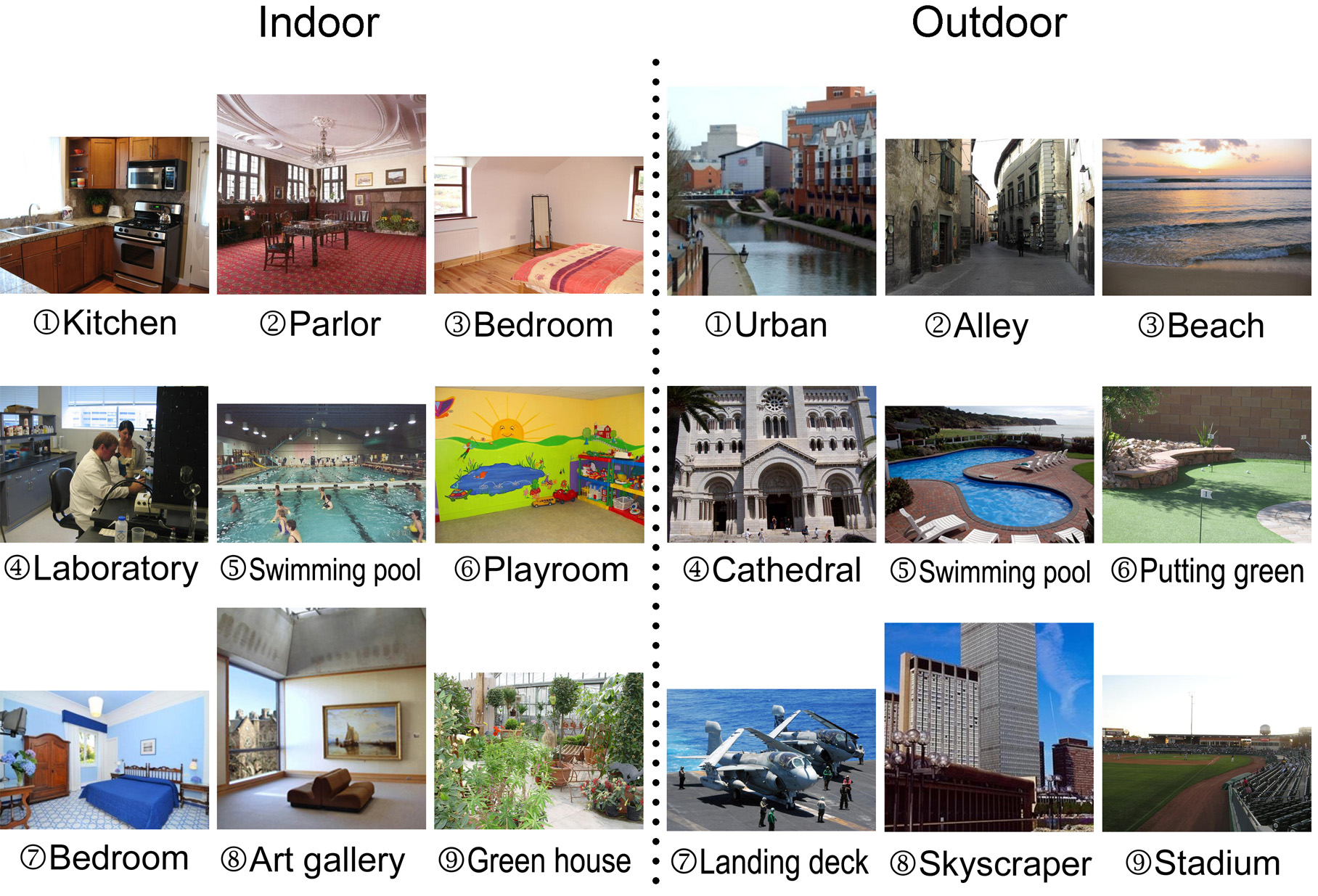MCLab at NIPS 2014
Neural Information Processing Systems (NIPS) conference, a premier machine learning conference, was held in the beautiful French city of Montreal, Canada from Dec. 8 to Dec. 13, 2014. This year’s conference was the 28th edition and it saw a record number of attendees (around 2400 registrations) from all over the world, with a good mixture of people from academia and industry. Applied machine learning practitioners from computer vision and neuroscience, and theorists from learning and information theory communities made the conference a great success.
Sanjay presented his paper titled `Studying User Influence in Personalized Group Recommenders in Location Based Social Networks’ at the NIPS Personalization Workshop. His work proposes a new class of Collaborative-filtering based Hierarchical Bayesian models to jointly learn group preferences and location-activities to perform personalization of group recommenders. Empirical experiments on a large location-based social network dataset showed that the models he proposed out-perform the state-of-the-art group recommendation systems. A photo of top machine learning researchers (photo credit: Prof. Andrew Ng) and a photo of Montreal City are shown.

